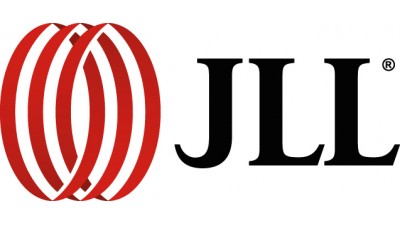Competing Denver Healthcare Systems Use Urgent Care Centers To 'Steal' Patients

The prospect of major upheavals in healthcare coverage has done little to slow the real estate side of the industry. In Denver, population growth has pushed hospitals and medical facilities to open more centers.
The boom in hospital and medical campus construction has healthcare systems in the Mile High City duking it out for patients. Several major organizations have started constructing urgent care centers and microhospitals in rivals’ neighborhoods in an attempt to extend their reach.
“Big hospital systems here in Colorado like Centura Health, HCA Health and SCL Health have invested in new buildings and facility expansions,” JLL healthcare specialist Terrence Pace said. “But they also want to get those doctors out into the neighborhoods more. Competition is really steep here in Colorado, and there are hospitals popping up everywhere.”
Pace has 18 years of experience driving healthcare services transactions in the Mountain West and Northwest regions. Within the last few years he has seen an explosion in hospital and medical office growth in these areas. University of Colorado Health, for instance, has gone from one hospital in the Fitzsimmons area of Denver to nine hospitals either built or coming down the pipeline within a five-year period, Pace said.
Colorado healthcare institutions are in an arms race to build bigger and better. UCH broke ground in September on UCHealth Highlands Ranch Hospital, a 360K SF facility with an adjacent two-story cancer center. Swedish Medical Center, a 100-year-old Denver institution, began construction this year on a vertical expansion of its patient tower, which added two floors and a rooftop mechanical room.

Urgent care facilities and medical office buildings create an opportunity for these growing campuses to stretch into new communities. Smaller facilities provide neighborhoods with convenient access to medical care, bypassing issues like traffic congestion. These centers also act as outposts for hospitals to pull from their competitors' patient bases.
In Stapleton/Northfield, the Rose Medical Center operates a free-standing emergency room independent of its main campus near Montclair. Residents of Northfield and Stapleton could chose the facility over the nearby Children’s Hospital or UCHealth.
“The hope is that you will stay with the doctor that treated you, who will then direct you to their hospital,” Pace said.
Pace also has seen the proliferation of microhospitals. Sisters of Charity of Leavenworth Health Systems, which rebranded as SCL Health after its merger with Exempla Health, opened its 60K SF Northglenn facility in early February. The hospital features a modern emergency department, an eight-bed inpatient unit, an advanced imaging center and laboratory services.
“That’s why you are seeing microhospitals and care centers pop up in neighborhoods, to have the facility go where the patients are,” Pace said.
Proximity to other healthcare professionals is also driving medical office growth beyond hospitals, Pace said. A benefit of a medical office building is a diverse tenant mix of various specialties. Successful MOBs blend primary care physicians with specialists, creating a system of referrals that fuels new business.
Denver’s healthcare real estate market shows no signs of slowing down. While changes to the Affordable Care Act have the potential to affect market demand, Pace does not see that impacting Denver anytime soon.
“Hospital systems are growing, becoming more efficient, newer and competitive, which is an attribute of what proponents of the ACA wanted to happen, to make the hospital system compete more to give better care," Pace said. But if people don’t have affordable care, they won’t go to the doctor.”
To learn more about this Bisnow content partner, click here.

